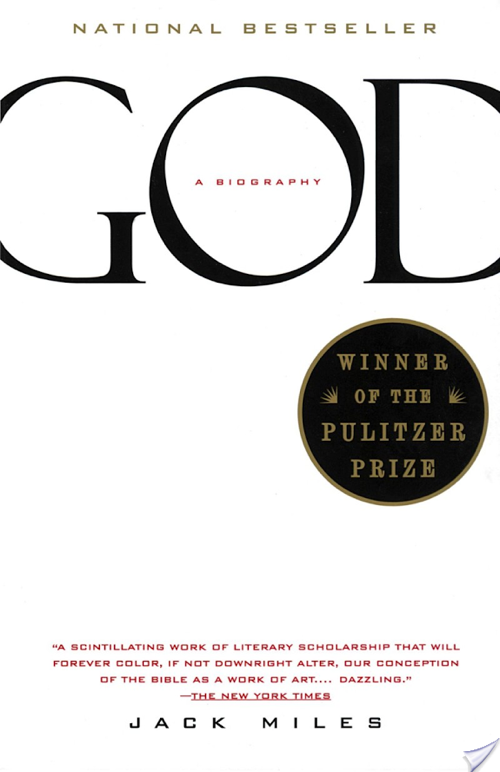Reading Idea: Never Let Me Go
Never Let Me Go
by Kazuo Ishiguro
$11.99 on Kindle
I heard about this book on an episode of The Cato Daily Podcast. I've roughly transparaphrased the description that Kimberly Hurd Hale and Caleb Brown gave during the episode.
WARNING: Their description is filled with spoilers, so don't read it if you would like to just read the book.
The Politics of Perfection: Technology and Creation in Literature and Film
The book describes children at Hailsham, which is a boarding school, but not really a boarding school. It's gradually revealed that the wonderful education they are receiving at Hailsham is just a cover for the very dark destiny that awaits them.
The story is set in the late 1990's, in Britain. The premise is that following World War 2, rather than the breakthroughs in nuclear power that we experienced, there were breakthroughs in medicine. We figured out a way to clone human beings and use their organs to, essentially, cure cancer, cure heart disease, and all of the other great, mass killers of our society. We can use the clone organs to cure them. This means that ordinary human beings no longer have to fear cancer, or heart disease, or liver disease. They no longer have to worry that their family members will die prematurely from these things. The society is willing to accept this program of breeding and raising and slaughtering clones in exchange for longer, healthier life.
It's told from the point of view of one of the clone children. It's not a story of revolution. It's a story of her growing up, having friends, falling in love, and reconciling herself to the fact that she will die before she reaches middle age. She will donate her organs, one at a time, in a very cruel manner. She will spend her last years caring for her fellow clones, as they make these organ donations. She will have to watch her friends be slaughtered by this bureaucratic system. It has been solely responsible for her creation and education and has controlled every aspect of her life, to the point where she does not resist it. None of the clones resist it. They accept their fate and show no indication that they would be able or willing to escape their destiny. They think that that is what they were bred to do and, really, there's very little indicating that they find it morally objectionable.
Never Let Me Go examines it from the point of view of a society that wants these organs desperately but also seemingly recognizes that it is a serious inhumane, unethical thing that they are doing. Then you get Hailsham, you get the idea that if we educate these clones in a classical sense, give them a classical education where they read the great novels, learn about philosophy, spend most of their time doing art, then, somehow, what we're doing to them is more humane. They're given names. It's recognized that they have human drives, that they benefit somehow from these educations.
This entry was tagged. Reading Ideas Fiction Science Fiction Literary Fiction

